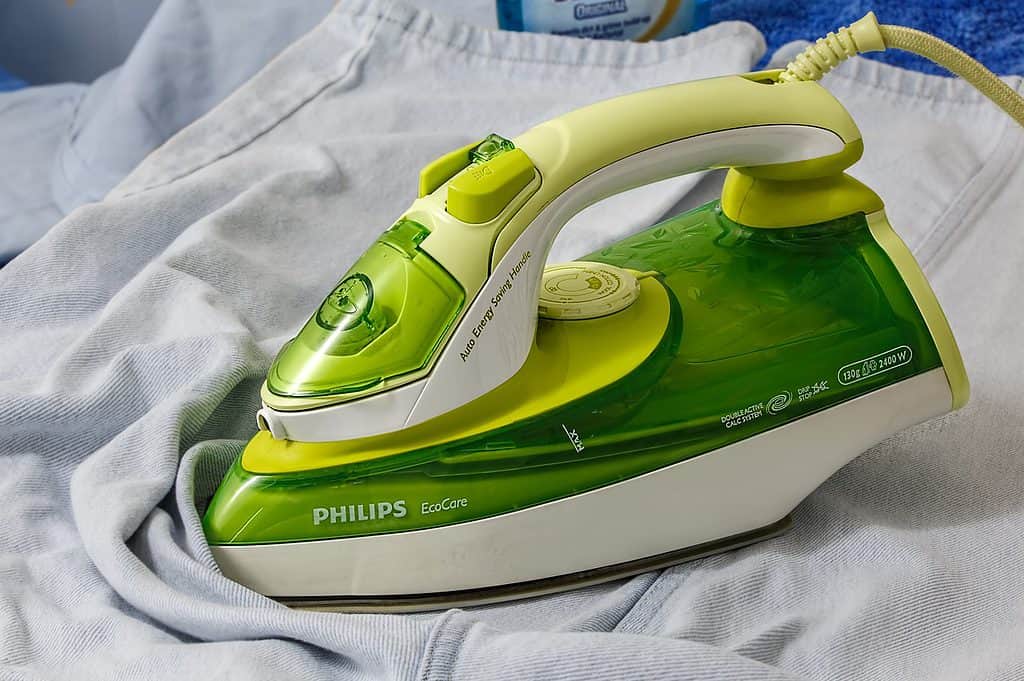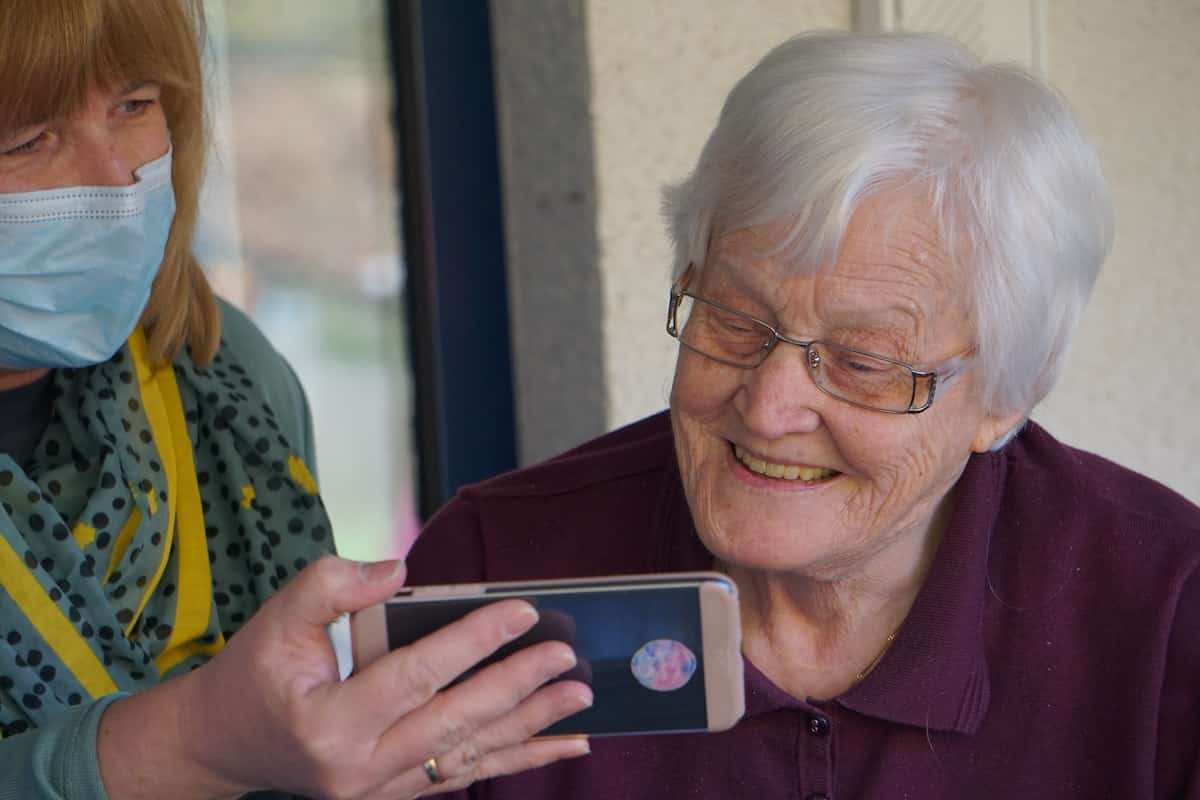Senior care options can seem complicated. Living facilities may have room for your loved one, but what if you prefer them to stay in their home? Use this guide to complete a cost-benefit analysis on home care vs. home health care to determine what’s best for your family and your budget.
1. Compare the Services
People may get both types of care confused because they sound similar. However, they include these different services that may be more or less beneficial, depending on your loved one’s needs.
Home Care Services
Home care experts provide non-medical assistance for senior residents. They often travel to their client’s homes to perform these essential services that their client wouldn’t typically be able to handle by themselves.
Meal Planning and Cooking
Seniors and anyone over 65 are more likely to get hurt in the kitchen based on age-related difficulties. They may be unable to safely lift pots of water, chop vegetables and do other routine meal preparation steps due to weakened muscles or eyesight.
A home care assistant may stop by once a day to prepare the day’s meals and snacks. The food will be waiting for them in the fridge whenever your loved one is hungry.
Doing Laundry

Laundry is another tricky task for some seniors. The heavy baskets of clothes may be challenging to lift, along with reaching into the dryer or bending to reach the washing machine. An assistant in home care services would do their client’s laundry routinely and even put the clothes away.
Running Errands
Driving isn’t an option for some older people due to eyesight challenges. A home care aide would run errands to pickup groceries and other necessities. They might even water your loved one’s plants if taking care of a garden is too much work at their age.
Home Health Care Services
If a senior needs medical care, loved ones might sign up for home health care visits. These are the medical services often provided by home health nurses or therapists.
Checking Vital Signs
When home health nurses arrive at their patient’s houses, they check their basic vital signs and log them. The logs may reveal potential health complications before worrying symptoms arise or help them manage their client’s chronic conditions.
Medication Administration
Some people can’t take their medications by themselves. Others aren’t able to administer the medicines they need. Home health aides can administer medication due to their medical training, insert IV lines and perform injections when necessary.
Illness or Surgery Recovery
After getting discharged from the local hospital, a senior resident may need routine check-ins with a medical professional. Home health nurses can monitor their recovery after an illness or surgery and recommend further precautionary steps as needed.
Medical Equipment Monitoring
Research shows that 11% of seniors use standalone equipment to monitor their health. They may not have the training to understand their equipment, but a home health aide would. The professional aide would check the monitoring equipment in-person or remotely and provide medical advice based on their readings.
2. Reflect on Your Budget
Consider how much you have in savings and how much you can spend each month on your loved one’s care. They may also have savings set aside to assist with paying for their home care or home health aide.
The cost for both types of assistance varies by state and by case. Some people need full-time care and others only need occasional visits.
Notably, 90% of home care agencies charge hourly rates, although you may get a discount by offering to pay one month at a time. The same research also provides the median cost of full-time home care, which comes to $4,957 per month. Depending on your loved one’s medical needs, that number may be flexible.
3. Research Financial Support Options
Financial support is available for anyone seeking home care or home health care assistance. State and federal programs help older adults find financial aid for all types of health care. Insurance providers may also have specific plans available to senior customers.
4. Discuss Care Services With Your Doctor
If you’re unsure which type of service is best for your loved one, you can always call their doctor. Inquire about which of their health care needs are most vital and which services will require specialists. You’ll get a better understanding of the help they need most.
5. Remember Their Quality of Living
Some care services may disrupt your loved one’s quality of life. If they’re primarily independent, a home care aide who tries to take over their responsibilities could only be a nuisance. However, someone requiring round-the-clock care would benefit from a full-time home health nursing team that can improve their quality of life with that service.
Ultimately, paying for home care or home health care is an investment. No matter how much you can spend, you’re investing in your loved one’s quality of life. Find a balance between what they need and what they want to identify the best services and their prices better.
Complete Your Cost-Benefit Analysis
Anyone can complete a cost-benefit analysis on home care vs. home health care for their senior loved ones. Consider their current independence, medical needs and doctor’s advice to find the best care plan.

